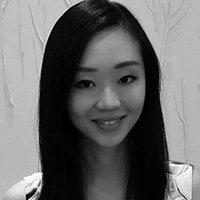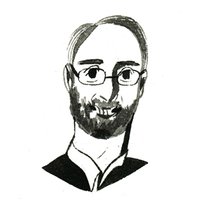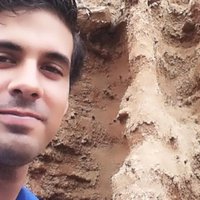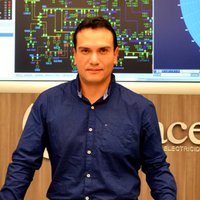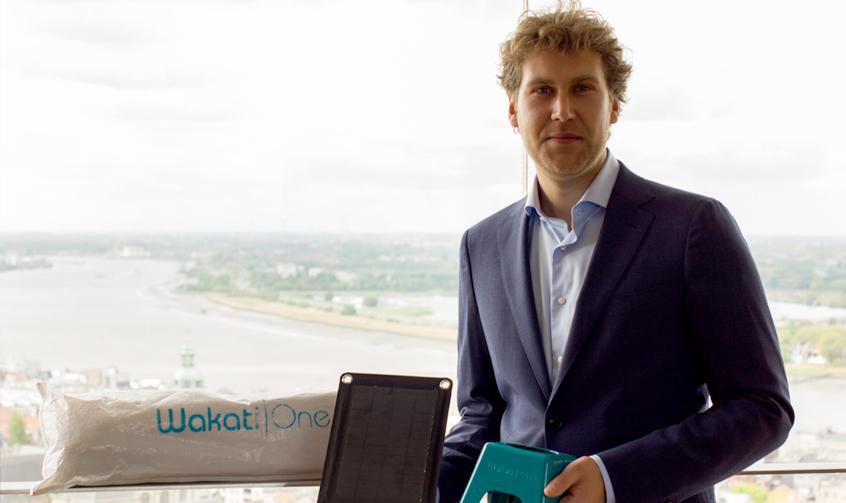"Wakati, in Swahili, means time; valuable time that works against the African farmers who must travel long distances to the closest market during harvest time to sell their produce. Usually they can only carry a small portion of the hundreds of kilos of tomatoes or peppers that they have harvested, which poses a major problem in these regions where a refrigerator is a luxury item. The rest of the harvest runs the risk of perishing before they can be offered for sale.
In order for the produce to reach the market in good condition, allowing the farmers to conserve and commercialize greater quantities, the young Belgian innovator Arne Pauwels has designed a system to conserve fresh produce that adapts to local conditions. Holder of a master´s degree in Product Development from the University of Antwerp (Belgium), he has created a small tent, easy to transport and install, used to store and conserve fresh produce.
The tent is called Wakati and contains a solar panel that generates 3 watts of energy, enough to power a fan located inside the tent. The air is filtered through water held in a small recipient and part of this water evaporates (the system requires approximately one liter of water per week). This action creates a humidified microclimate within the tent, whose walls prevent the humidity from dispersing. This portable warehouse can store up to 180 kilos of produce (the equivalent of nine baskets that hold 20 kilos each), which allows farmers to commercialize their products up to several weeks after harvest without fearing that during this time their wares will perish. In addition, thanks to a process which remains confidential, this microclimate also sterilizes the produce.
The key to the technique is not found as much in the refrigeration of the produce – which would require much greater quantities of energy - but rather in the ability to keep the produce from losing humidity. The cells which form the fruits and vegetables contain water which is lost over the course of time. This loss of water causes the cells to break down, freeing enzymes and acids which accelerate decay. But inside the humid microclimate created inside the Wakati the water remains inside the cells. “In an atmosphere saturated by humidity, the cells cannot release further water to the environment; this prevents the water from evaporating and conserves the molecular structure,” Pauwels explains.
As a starting point, Pauwels studied “desert refrigerators”, which range from warehouse cabins with walls made of charcoal to brick chambers built with a double-walled system which circulates water that evaporates with the breeze. The objective is to maintain a low temperature which in turn prevents the produce from releasing water into the atmosphere. However these more traditional systems have some serious drawbacks: they need large quantities of water, they must be built in places with sufficient air flow, and they do not protect the products stored within from infection given that mold proliferates both in charcoal and brick.
Pauwels´ system utilizes the best elements of those systems and overcomes their setbacks at a reasonable price for the consumer. The first 100 units of Wakati, valued at 100 dollars each (90 euros), were manufactured by the company Materialise using 3D printing and they are currently being distributed throughout Uganda, Haiti and Afghanistan by the Dutch NGO Cordaid. Further funds have already been raised to produce an additional 3,500 units between August and October of this year, and they predict that the price will decrease as production levels increase. Initially the target market for Wakati will mainly be Africa, which represents, “a relatively safe region with a large agricultural industry and an established system of roads and highways”, where contacts have already been established with local distributors.
The executive director of the Liège Space Center AMOS and jury member for the MIT Technology Review Innovators Under 35 Belgium Claude Jamar described the Wakati project as “very innovative”, “fully tested” and with great potential to provide “a significant impact in the poorest regions of the planet”."
